The Age of Enlightenment and the Birth of Liberalism
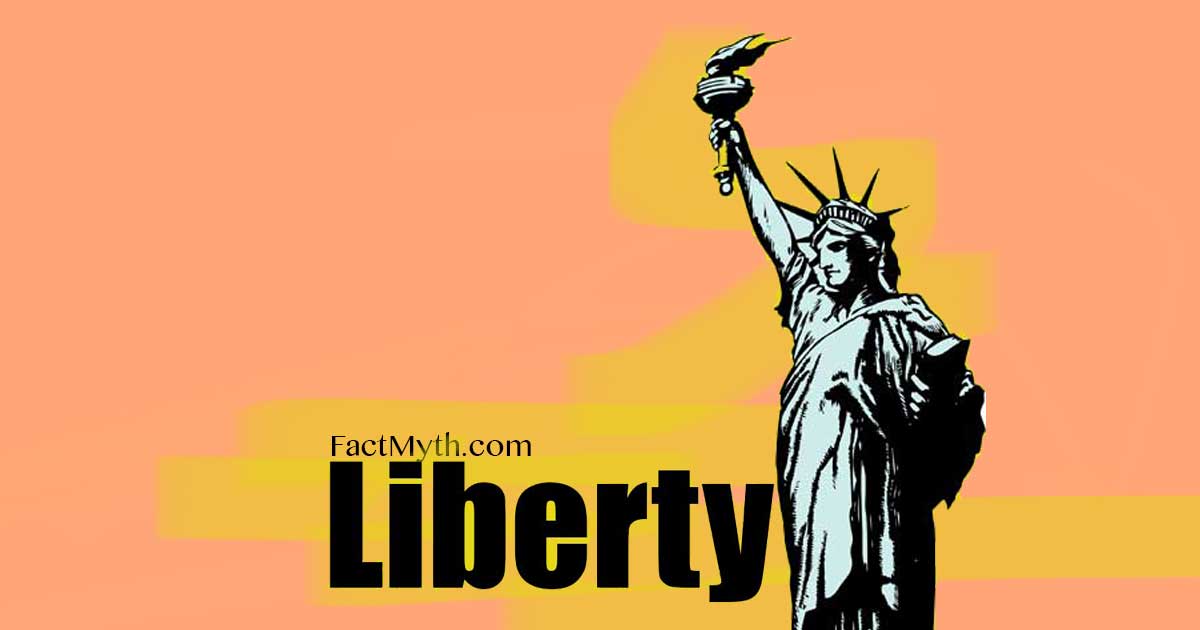
Classical liberalism arose in opposition to state-imposed religion and aristocracy in the 1600 – 1700’s during the Age of Enlightenment in Europe and America.
Thinking is a mental process which allows humans to model the world, philosophy is the attempt to understand the world using logic and reason. The world being both the external and the internal, and both the knowable and unknowable.
For an overview of philosophy see our branches of philosophy page, for an introduction to philosophy check out Reason at Work (Amazon). Philosophy includes everything from economic and political philosophies, to the philosophies of emotions and mind, to cosmological and other other metaphysical questions, to the nature of god and religion, to the very nature of what we can know. Given that every subject has a science and philosophy (with the two often merging, such is the case in theoretical physics or mathematics) we have to be careful not to undervalue the practical aspects of this non-science.

Classical liberalism arose in opposition to state-imposed religion and aristocracy in the 1600 – 1700’s during the Age of Enlightenment in Europe and America.
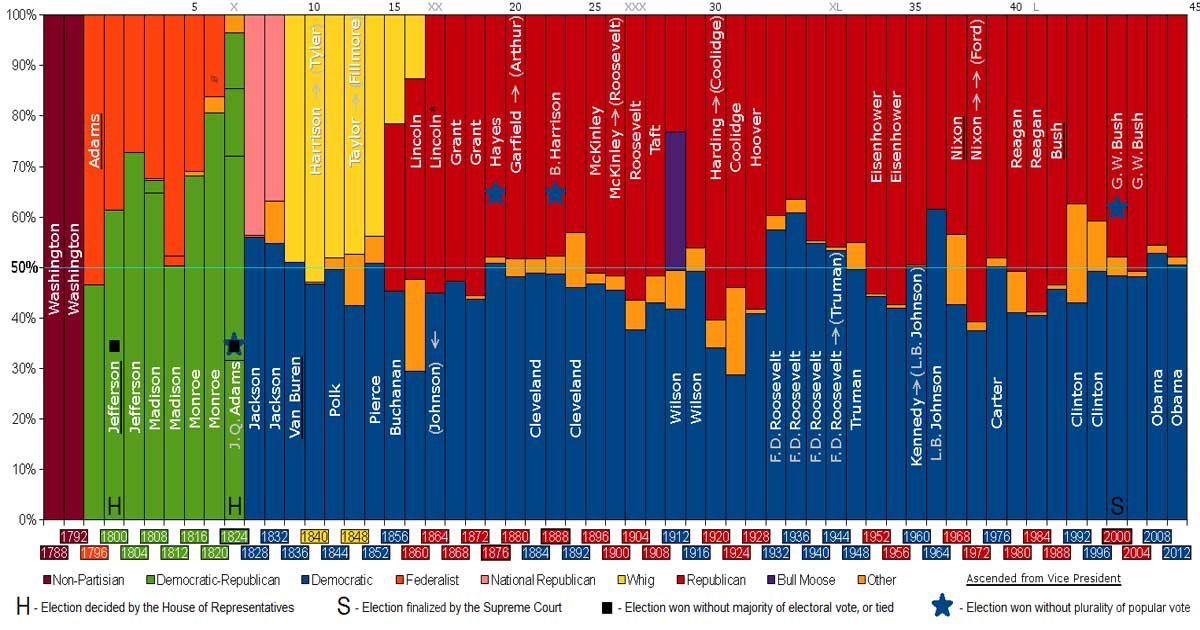
On this page, we look at political parties from a historical perspective to better understand the underlying left-right politics all political parties are based on.
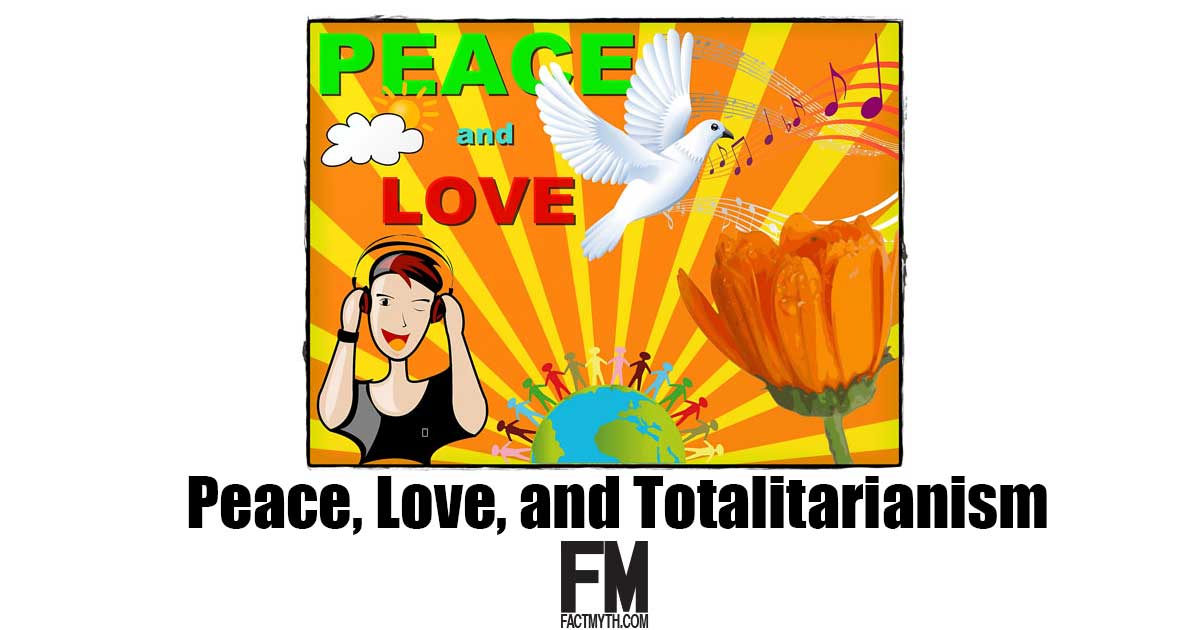
We explain paradoxes related to tolerance and Politically Correctness (PC), including “the paradox of tolerance” and “tolerance as a form of intolerance.”
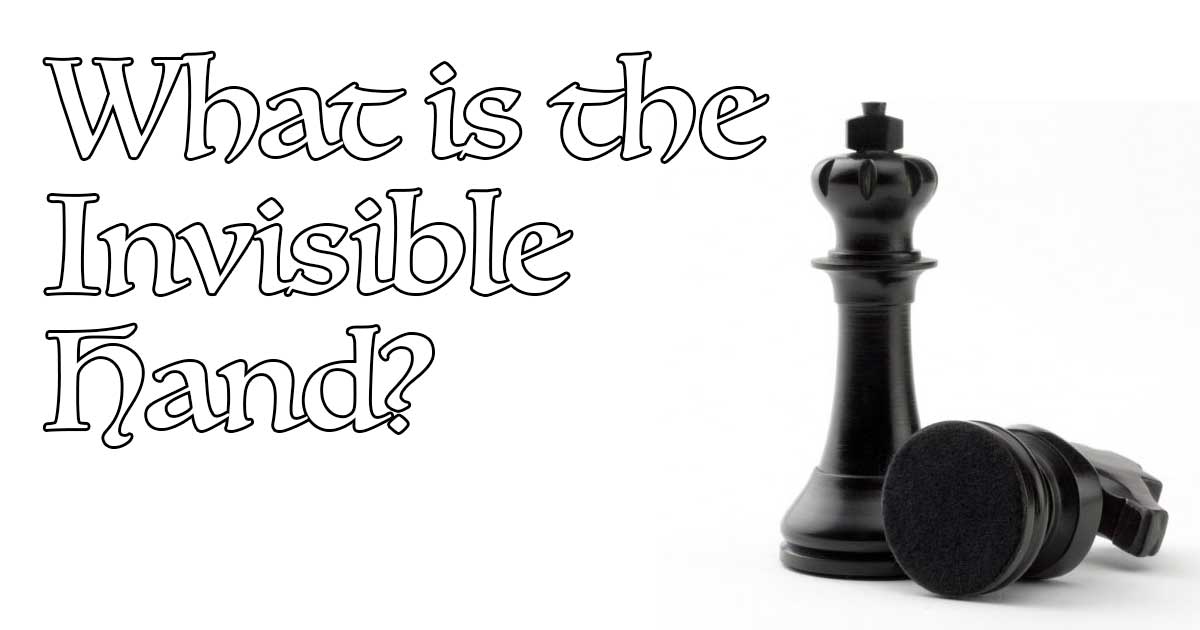
“The invisible hand” is a term used by Adam Smith to describe the theory that self-interest leads to social and economic benefits in a free-market.
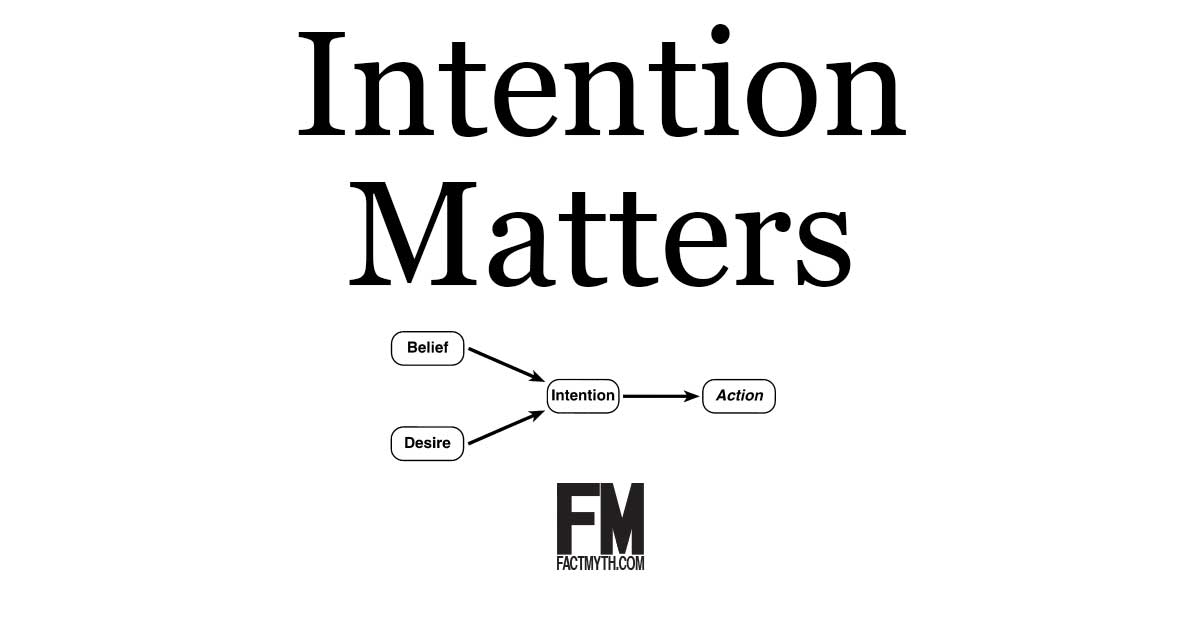
Intention matters in planning, action, and doing. Attention, intention, and impact are all important components of an action.
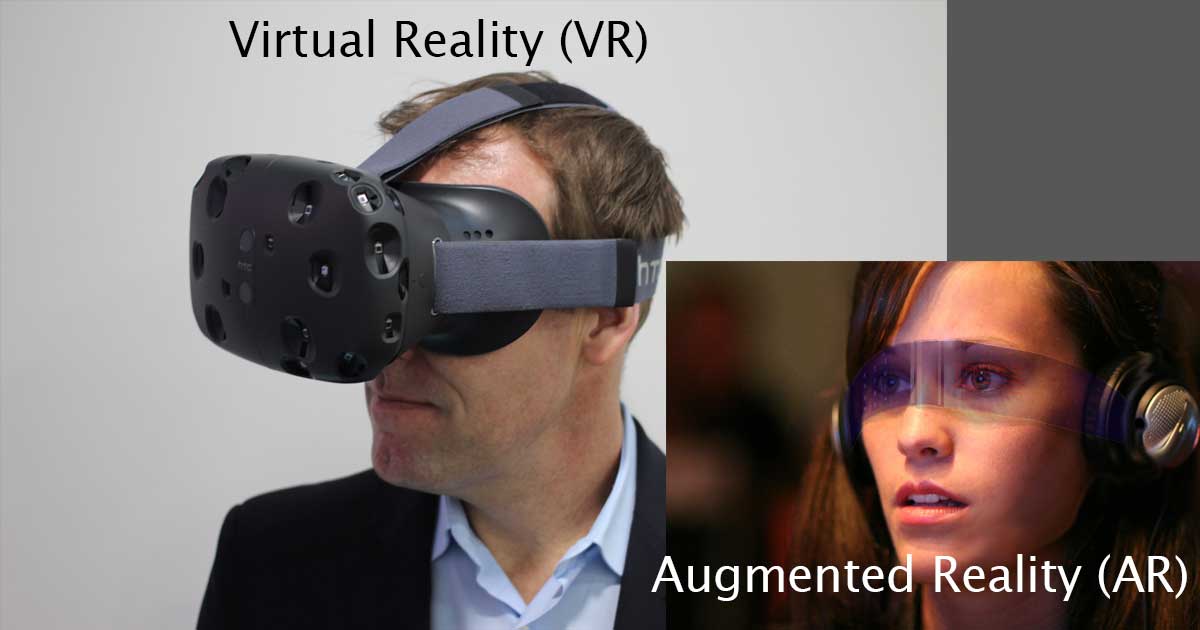
The simulation argument can be summarized as the idea that reality might be a virtual simulation (we might be “in the Matrix” / “in a video game”).

Human behavior can be random to some extent, but most behavior is based on prior input, and thus is “deterministic” (meaning not totally random).
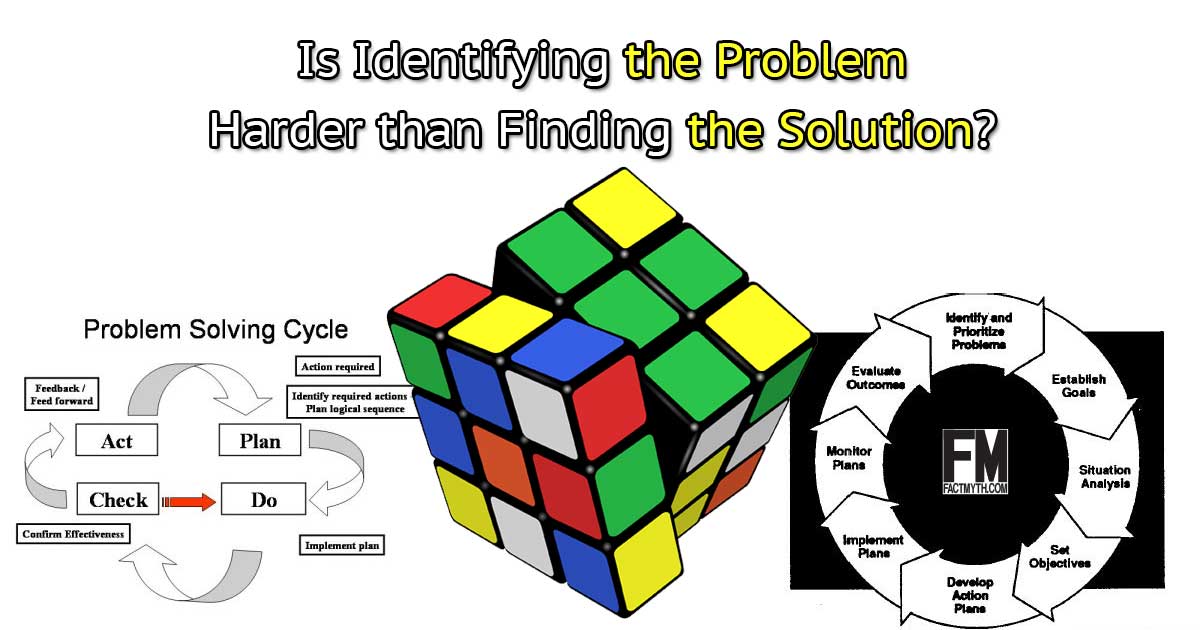
Identifying a problem is often harder than solving it. Solving a problem requires a proper diagnosis, and that requires asking the right questions.
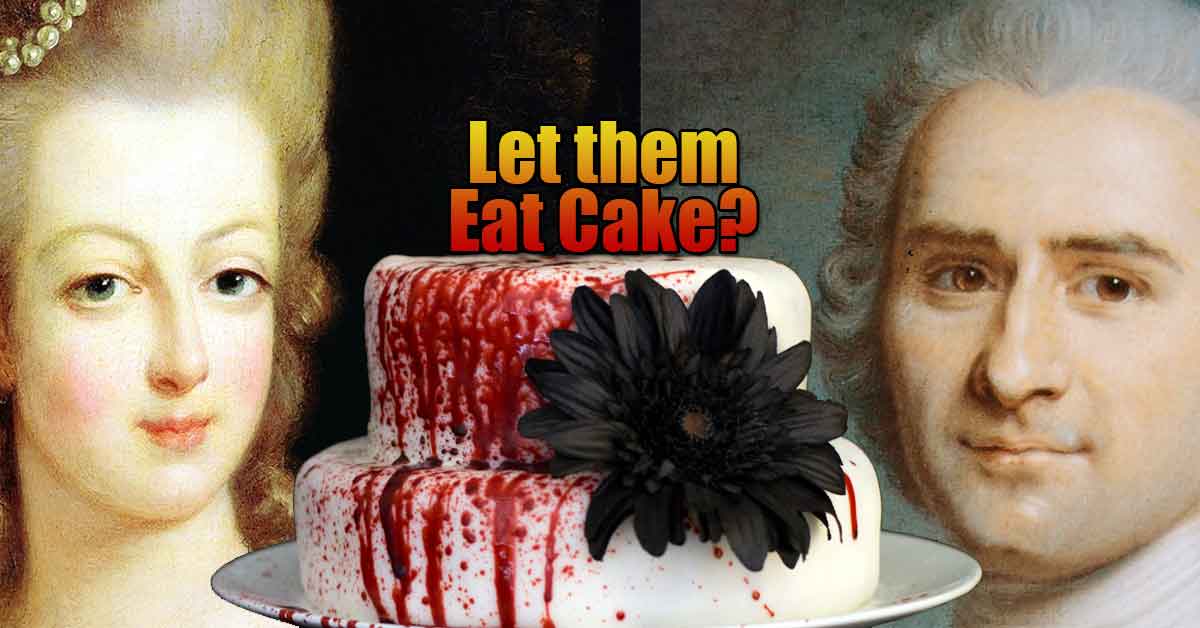
It is said that, “there is no cake”, that, “the cake is a lie”, but this isn’t true. The cake you were promised may be a lie, but there is cake.
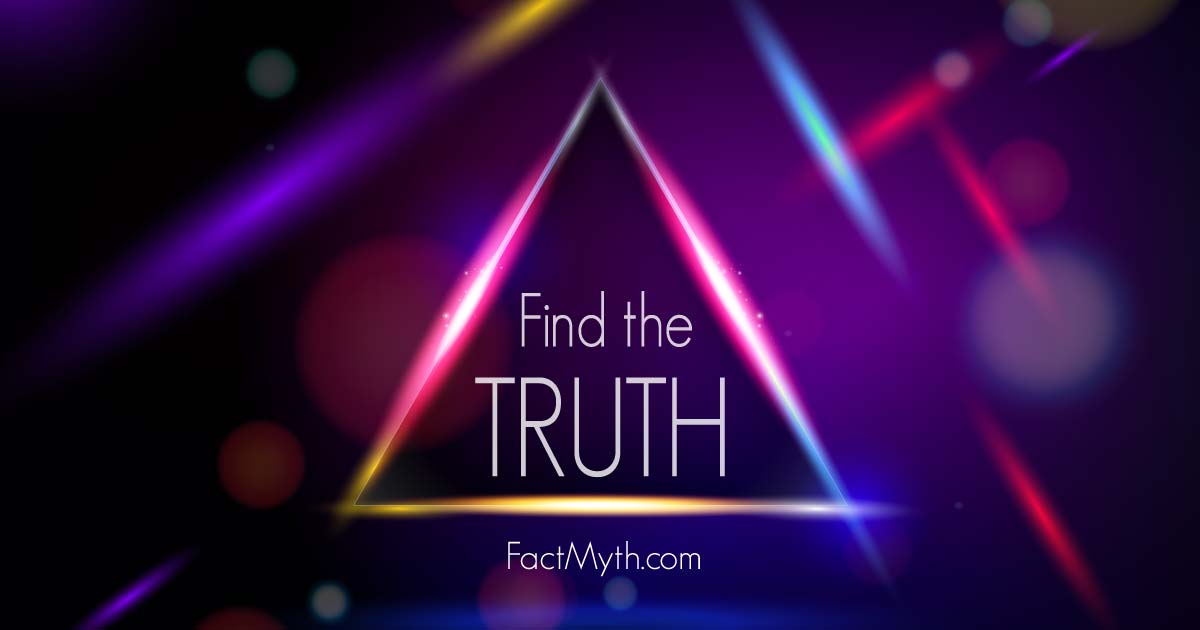
Everything is either true or not true, but not everything that is true can be proven true, and not everything false can be proven false.